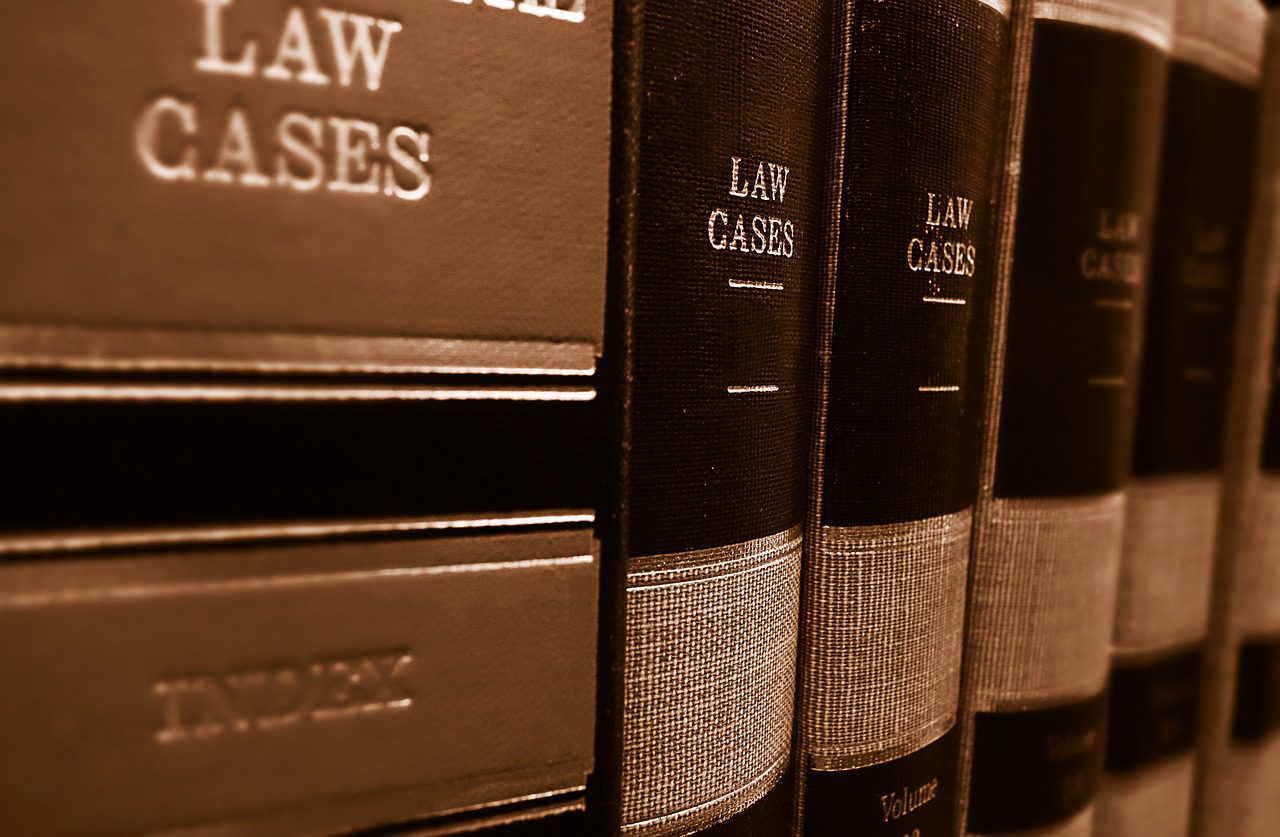A guardianship can be important for people to obtain for many reasons. A guardianship is necessary when a person in Illinois needs to manage the affairs of another individual who is typically referred to as a ward. Through this process, the overseer will be appointed by the Probate Court. The overseer can be an individual, an institution, or even an agency.
This article will cover important factors to consider when deciding if seeking a guardianship is the right process for you.
Who Would Typically Qualify for a Guardianship?
The law in the State of Illinois will generally presume that individuals who are of eighteen years or older have the capacity to handle their own affairs. A guardianship may be granted in order to serve as a form of substitute decision maker if an individual is or becomes disabled due to the following:
- Mental decline,
- Physical disability,
- Mental disorder, and/or
- Growth-related disabilities
It is important to understand that the ward’s disability must prevent him or her from either communicating or somehow making responsible decisions regarding his or her personal affairs. Other reasons why a guardianship may be granted can include, but are not limited to the wards difficulty with:
- Debauchery,
- Gambling,
- Illicit drug addictions, and/or
- Idleness
These reasons can be sufficient to grant a guardianship in the event that they somehow have cause the individual to excessively spend his or her estate. This excessive spending has then caused the individual and/or his or her family distress. In these cases, a guardianship will be necessary as to prevent harm for the individual. It will also be necessary in order to promote the interests of other parties such as creditors or service providers.
If you or someone you know believes that a guardianship is the right step in a case, speak to a qualified attorney who can represent you. An attorney with the right experience can help you understand what other measures can help you qualify for a guardianship. He or she may also be able to assist you in understanding if a guardianship is the right step for the specific case.
Using a Guardianship in Case of An Emergency
A guardianship can be used in the event of an emergency. It is important to note, however, that the court will decide if the emergency itself warrants the protection. If the emergency is deemed sufficient, then the guardian will be appointed. In the event that a petitioner believes that the person needs a guardian before one is even appointed, the petitioner may ask the court to appoint a temporary guardianship until the hearing date. When a temporary guardianship will be requested, the petition for such should be submitted along with the original petition for guardianship.
In order to obtain the forms for temporary guardianships, the petitioner should request one from the county where he or she seeks to make the petition. Not all counties will have fillable forms for temporary guardianships, however. In these cases, the petitioner and his or her attorney will need to draft the petition.
Obtain Legal Representation
If you have reason to believe that you or someone you know needs to be granted a guardian, it is important to seek the legal advice of a professional attorney. An attorney with the right experience can help you to determine if you have the qualifying factors necessary to obtain a guardianship. He or she can also guide you through the legal process of obtaining one. Finding the right estate lawyer can be a daunting task; ChicagoEstateLawyer.com can help you find the right lawyer for your specific needs. Obtain the legal representation that is right for you.

